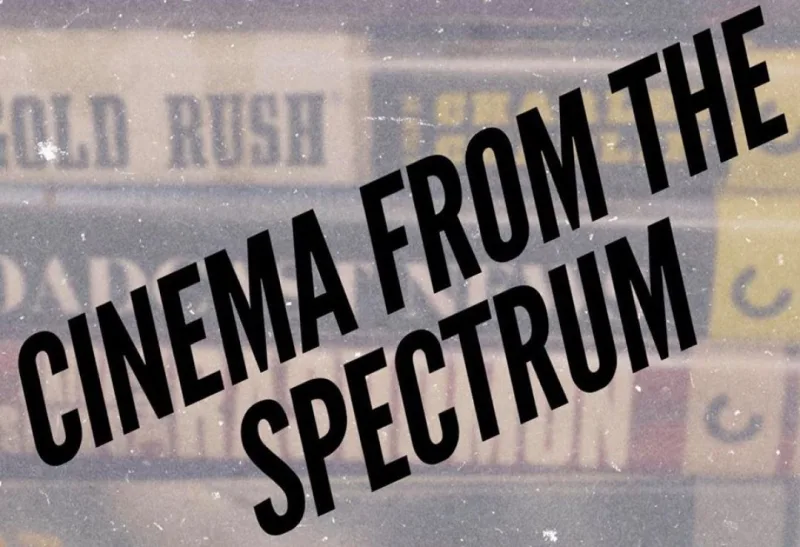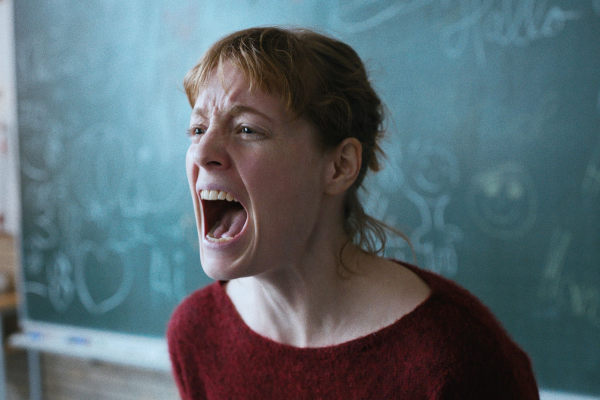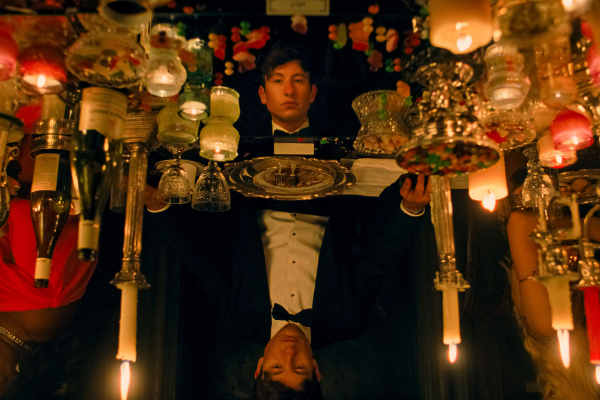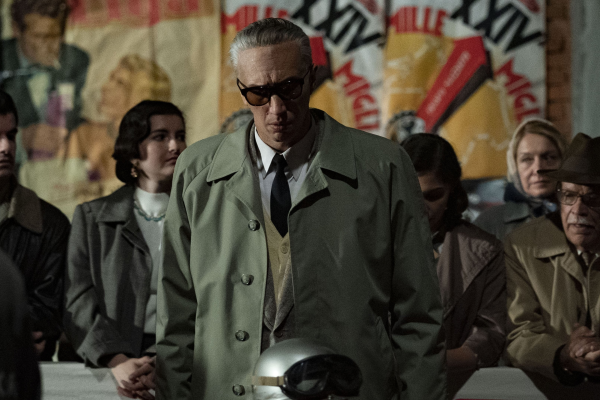✯✯✯✯½
In school, I remember vividly reading about how the book by Judy Blume was banned due to its frank discussions of something that we only knew as “taboo” at the time. Only then, I didn’t expect that the book Are You There God? It’s Me, Margaret would have come back to my own memory this many years later, now as a film directed by Kelly Fremon Craig – whose preceding film The Edge of Seventeen offered a lovely glimpse into the struggle to move from adolescence into adulthood. But finally getting to experience this story after it’d been supposedly taboo where I studied as a kid only made me wonder why it was treated as such, especially when Kelly Fremon Craig taps into what a young child wishes to experience on her way to adolescence.

Set in 1970’s America, the film tells the story of the coming-of-age of the 11-year-old Margaret Simon (Abby Ryder Fortson). Having moved from New York to New Jersey with her parents, this film tells the story of her own self-discovery as she moved into the world of adolescence. Even though Margaret is the heart of the story, it’s clear that to Kelly Fremon Craig that this is a film where her parents’ interfaith relationship plays a big part. Rachel McAdams stars as Barbara, Margaret’s Christian mother, and Benny Safdie plays Herb, her Jewish father. This led into Margaret’s own resentment of religious holidays like Christmas or Hanukkah, for her parents do not want her to feel boxed into celebrating one or the other.
Which I think is the root of what I find has made Are You There God? It’s Me, Margaret so impressive. It’s a film that understands how when young children are about to transition from their early childhood in order to enter their adolescence, there’s so much pressure that they must be able to handle on the spot. A lot of this is best emphasized from how Margaret interacts with her supposed new friends once she arrives at school, but also how this in turn affects the way she interacts with others. But even though this is Margaret’s story being told, it’s clear to Kelly Fremon Craig that Judy Blume didn’t only want to make this a story about childhood as much as it is what it felt like to be growing up in America during the 1970’s.
It all starts from the ways in which the parents of Margaret end up taking control over their lives once they move out. Each of them has their own set of passions, but there’s also a societal norm that they feel they must conform to in order to be “accepted” where they are. Quickly enough, it’s a clear case about how all the decisions that adults supposedly make in their life impose more pressure on pre-teens as they’re figuring things out for themselves, and it also adds a greater resonance. Of course, as children grow up, the interest in topics viewed as “adult” might end up becoming a natural thing for them especially as they slowly move away from that phase of their lives, and they wish to take control over what they have. To me, that’s the perfect encapsulation of what the experience of growing up is like: because one can only remain sheltered so long before growing up, which Kelly Fremon Craig touches upon so perfectly here.
Most importantly, it’s clear that Craig doesn’t want to keep children away from something that they should be prepared for in their lives in here. There’s very frank discussions of sex education which netted the film a PG-13 rating in the United States, but of course, the talks of young girls experiencing their periods shouldn’t be something that they get sheltered away from because it’s a natural part of them growing up. And of course, all that confusion in trying to navigate such a confusing phase of life is perfectly captured by Abby Ryder Fortson in a star-making turn. In this performance, you see a young girl slowly making her way through a supposedly awkward time for most children growing up explored in a very sensitive manner. It’s a performance that I think many can relate to, whether the viewer is one who is going through this period of their life or someone who remembers what it was like to navigate such – and all of that is beautifully told through this story too.
Are You There God? It’s Me Margaret might go down as one of the best coming-of-age films of recent memory – in part because it shows that the process of growing up will always feel awkward for some, in one way or another. Somehow surpassing what Craig brought us in The Edge of Seventeen prior, what I think she achieves with Are You There, God is something with a greater reach, in that it treats the children on a similar playing field as the adults in the picture. Which I find is something that should be the norm for any great coming-of-age film, because moving from one phase of life to the next will always involve some form of coming into contact with growing older. In here, it’s also established that what’s seen as “taboo” for children shouldn’t be treated as such, so that they can best be prepared for that turn. And thus, a wonderful film comes about.
Watch the trailer right here.
All images via Lionsgate.
Directed by Kelly Fremon Craig
Screenplay by Kelly Fremon Craig, from the novel by Judy Blume
Produced by James L. Brooks, Julie Ansell, Richard Sakai, Kelly Fremon Craig, Judy Blume, Amy Lorraiine Brooks, Aldric La’auli Porte
Starring Rachel McAdams, Abby Ryder Fortson, Elle Graham, Benny Safdie, Kathy Bates
Release Date: April 28, 2023
Running Time: 106 minutes











